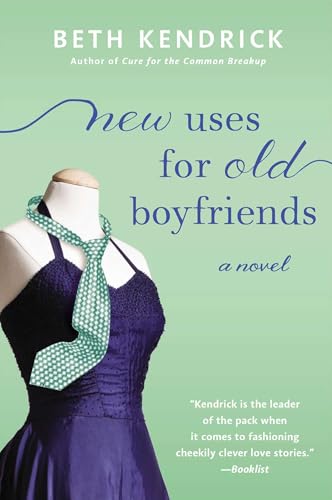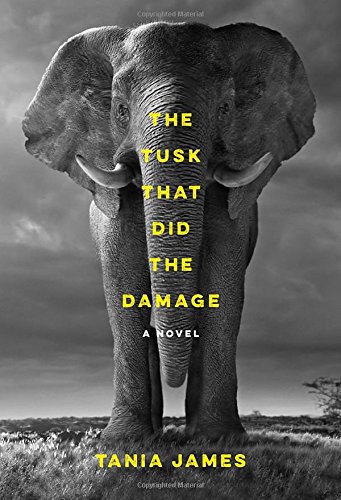Already convicted of murder when the novel opens, Agnes Magnusdottir is sent to live and work for the district officer and his family while awaiting her execution. District Officer Jon has no choice but to take the woman into his remote home despite wife Margret and daughters Steina and Lauga's horror. Agnes proves to be a silent woman, quietly doing the tasks she's asked to do, knowing that she is unwelcome and fervently unwanted in the Jonsson home. Just as they have no choice but to take her in, she has no choice but to be there, laboring on their farm and in their home in exchange for food and shelter in these last months of her life. As a convicted murderer waiting to be executed, Agnes is given a personal priest, the young man Toti. His stated mission is to get her to repent her evil deed but instead he gives her the gift of silence and a listening ear when she is ready to speak of her life and the crime. In her quiet and emotionless recounting, she presents her own story, what led up to the murders, and how she ended up the subject of this harsh and unforgiving ruling.
That this is based on a true story means the ending is never in doubt but Kent has done a beautiful job with the surrounding tale. Agnes, as imagined here, is quiet and hardworking with an understated dignity to her that makes her revelations to Toti the priest that much more believable. She has lived a grim life and faces a terrible death with stoicism and quietude. The Jonsson family's reaction to having to house this terrifying woman is well wrought and the evolution of their feelings about Agnes is slow and infinitesimal and full of truth. Toti's own insecurities and judgments as Agnes' confessor make him altogether sympathetic. The landscape of the stark and lonely Icelandic winter sets the tone for the novel as a whole. The Jonsson farm is remote and lonely and the winter is long, very long when facing a death sentence. The pacing is even and the timing of small revelations is very well executed.
This dark and chilly feeling novel was truly beautifully written. It is a testament to the power of story telling not only as Agnes unburdens herself to Toti but as the stories and rumors about Natan, one of the dead men, come to light and in the narrative the District Commissioner himself creates in prosecuting the crime. The book is fairly unrelentingly grim (which matches the other books I've read set in Iceland) but lovers of literary fiction should still consider tackling the brooding and deeply haunting tale.
Thanks to the publisher for sending me a copy of the book for review.








 This meme is hosted by Sheila at
This meme is hosted by Sheila at  This past week's mailbox arrivals:
This past week's mailbox arrivals:






























